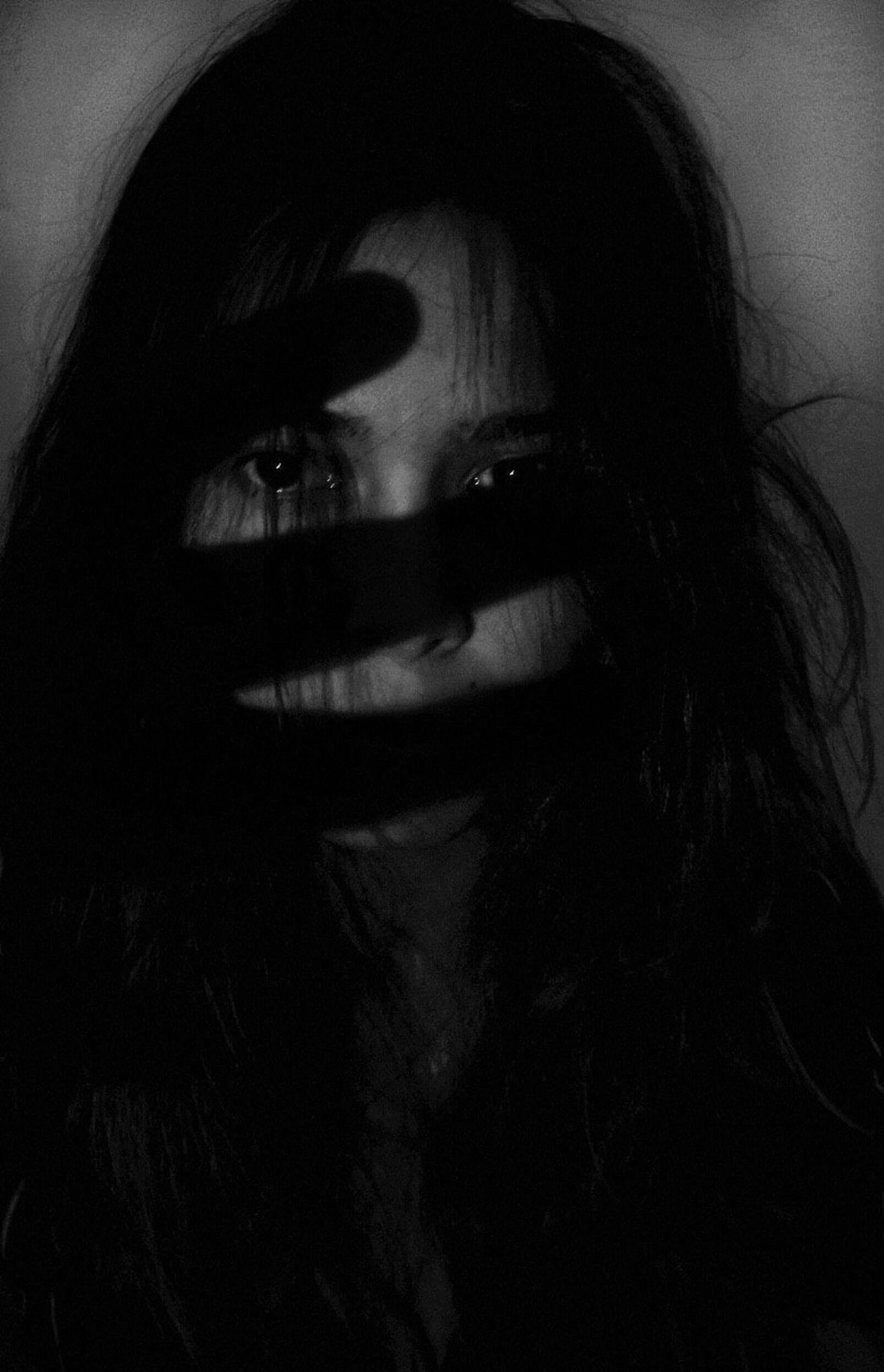Depression in Teens: Signs, Strategies, and Seeking Professional Help
School is back in session, and many of us are getting back into regular routines. For some, school is something exciting. A place where adults represent care and compassion, and friends represent safety and solidarity. But for others, school is a reminder of how different they feel, and how much “dumber” they are than others. As you endeavor to support your teenager this school year, Luxx Therapy would like to take a moment to mention what to look out for, and how to support your adolescent if they are struggling with depression.
For teenagers, depression may look different than you may expect. I don’t know about you, but for me, before becoming a therapist, I had a really clear picture in my head of what “depression” looked like. It was someone sitting on their bed, with all the blinds closed, no lights on, unbathed, bags under their eyes, with an empty look staring at the walls or floor around them. I think for most of us, as parents, this type of behavior would be a clear indicator that something was wrong and our child was struggling. Of course, if you are seeing this type of behavior, your child is likely struggling with something, and investigating whether or not it could be depression is a good place to start. But for teenagers (and adults), depression may or may not manifest in this way.
I have broken down signs of depression for adolescents into 3 primary categories:
Behavioral Issues or Risk-Taking Behavior
For some teenagers, depression may manifest itself through behavior issues such as disobedience, disrespect, and risk-taking behavior. For some parents, these signs are the most difficult to identify, because of the emotions it may bring up in self. It can be triggering when anyone is flagrantly disobedient or disrespectful, let alone, your own child! Now, I am certainly a proponent of appropriate boundaries, and consequences, even when one is struggling with depression. But context matters. How can you differentiate between rebellion and depression? I wish I had an easy answer for you. The best answer I can give is this: empathy is always the answer. What does it cost to look through the lens of emotional attunement and empathy, and consider, “Could they be struggling with feelings they can’t control and are seeking an outlet in their relationship with me, their safest person?”? Don’t confuse this with laissez-faire parenting. There are still consequences for misbehavior, but perhaps in the experience of being seen and knowing they are loved and cared for, they will receive a lasting message of care and can extend care to others in the future. In real-time, this may mean that you, a parent, have to self-reflect, and become curious about your child’s anger, even if it is directed at you. This is difficult to do! Reach out to one of our therapists and we can help you with the process.
RISK-TAKING Behaviors Look Different for Every Teen
Risk-taking behavior in teens may be another indicator that depression is at play. Individuals have different thresholds for risk and take risks for different reasons. We understand this when we meet with a financial advisor, and they ask us questions to determine the type of risk we are comfortable with for our investments. For some, though, risk-taking behavior can be a form of self-sabotage or an expression of a lack of care for self. Some teenagers are motivated to take risks driving with the thought process, “I don’t care if I die.” Others engage in unsafe sexual practices or unsafe drug use with a similar thought pattern. While there may be other factors motivating your teenager’s risky behavior, depression may be a factor at play.
A visible external change
Visible external changes for teenagers may be a change in hairstyle, wardrobe, friends, or school performance. Now hear me out. Just because your son or daughter is really excited about a new hair color, and you have finally agreed to let them go for it, does NOT necessarily mean that your teenager is depressed. It could indicate that they are feeling confident and want to express their individuality in a new way. It could be as benign as they like it and want a change. But these types of significant external changes could also mean that their equilibrium is off, and they are seeking some sort of external expression and validation for the internal pain and suffering they are experiencing, even if on a subconscious level.
Changes in Academic Performance
Changes in academic performance may also be an indicator that your adolescent is struggling with depression. However, context must be considered. If you notice your teenager studying regularly, in a similar amount to how they always had and are making poor grades, I would say it is more likely that the content is more rigorous than before, or perhaps they are struggling with comprehension of complex topics. Conversely, if your teenager has always been a studier, and successful academically, and suddenly just stops caring and putting in any effort, that is more likely a scenario in which they may be experiencing feelings of sadness or suffering from depression. Difficulty in focusing or thinking is one of the diagnostic criteria of depression. Low motivation is another classic indicator that depression could be at play. We also want to mention that it is important to distinguish between low motivation versus laziness, especially if your teenager is suffering from depression. Low motivation describes their behavior while laziness is a moral assessment of their character. Focusing on one’s behavior rather than making judgments about character usually helps the feedback or “parenting” be received better.
Tearfulness, Sadness, Change in Weight
While this tearfulness, sadness, and changes in weight may be easier to observe, I believe they are relevant to make mention of, because of how often they can be misunderstood. Sometimes adolescent tears are present because of hormones, stress, and the pressures society places upon teens, but sometimes, adolescent tears are due to sadness or depression. Similarly, weight changes can be due to a variety of causes, especially as adolescents are growing and changing. Warning signs of depression include a 5% change in body weight within the course of a month, without any effort towards weight gain or weight loss. As a disclaimer, weight can be an extremely sensitive subject for both male and female teenagers (and adults) to discuss, and I personally recommend not bringing this topic up with your teenager unless you have training in body image and have worked through all of your personal hang-ups with body image. However, it is an important sign, when combined with other symptoms described here to look out for.
If you have identified some of these symptoms in your teenager, what can you do?
We recommend calling our group practice and letting our intake specialist get you connected with the therapist that will be the best fit for your teenager, based on presenting concerns, temperament, and more.
What if your teenager is unwilling to attend therapy?
If you can get your teenager to attend the session, our therapists have experience and success in working with resistant teens. We can help in creating enough of a connection, where progress can be made, even if it takes a session or two for your teenager to trust and open up.
Any other questions? Reach Out to Our Skilled Depression Therapists in North Richland Hills, TX Today and Get Your Teen the Help They Need.
If your teen is struggling and you don’t know where to turn, give us a call, and our dedicated intake specialist can answer any other questions you may have about treatment with Luxx Therapy. We can get your teenager scheduled with same-week availability! Follow the steps below to begin the healing process for your teen.
Get to know our skilled team of therapists here.
Fill out our convenient online contact form here.
Rediscover purpose and meaning in your life.
OTHER MENTAL HEALTH SERVICES AVAILABLE AT LUXX THERAPY
In addition to Therapy for Depression, we offer a wide range of services at Luxx Therapy geared towards meeting you where you are in your mental health journey including, Therapy for Anxiety, Trauma Therapy and Couples Therapy. We will walk the path to understanding and healing with you whether you are in need of Individual Counseling, Couples Counseling, or Family Therapy! Reach out to us today.




